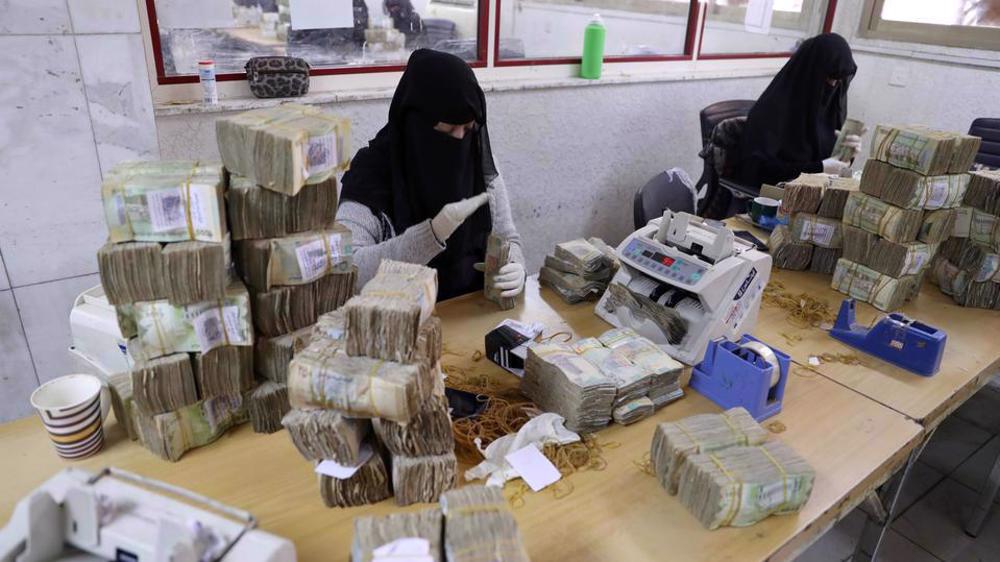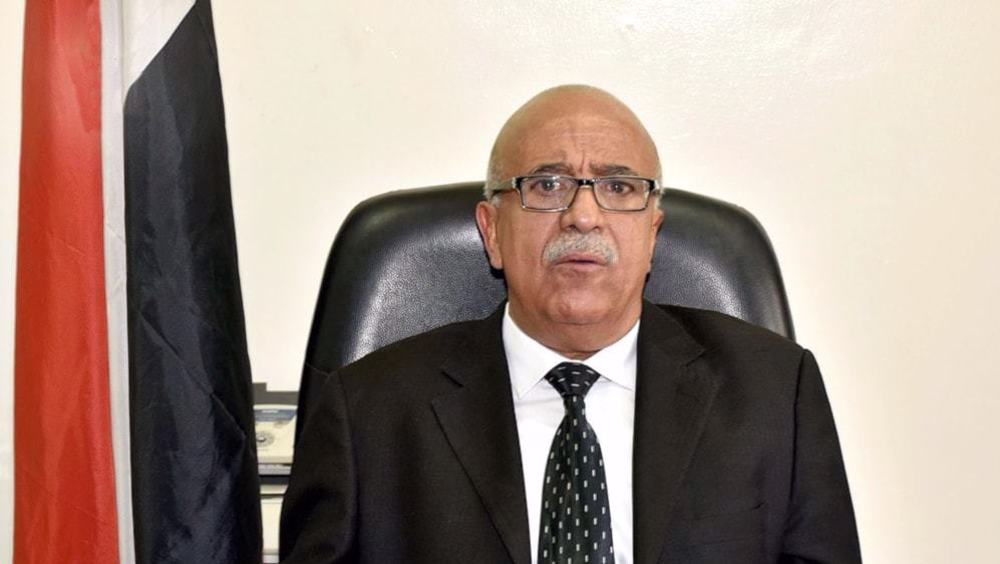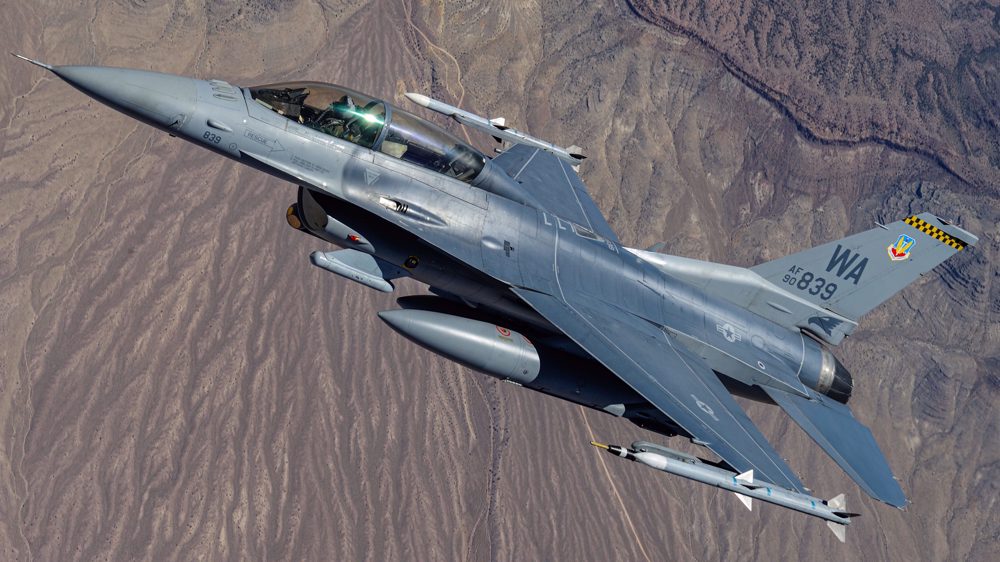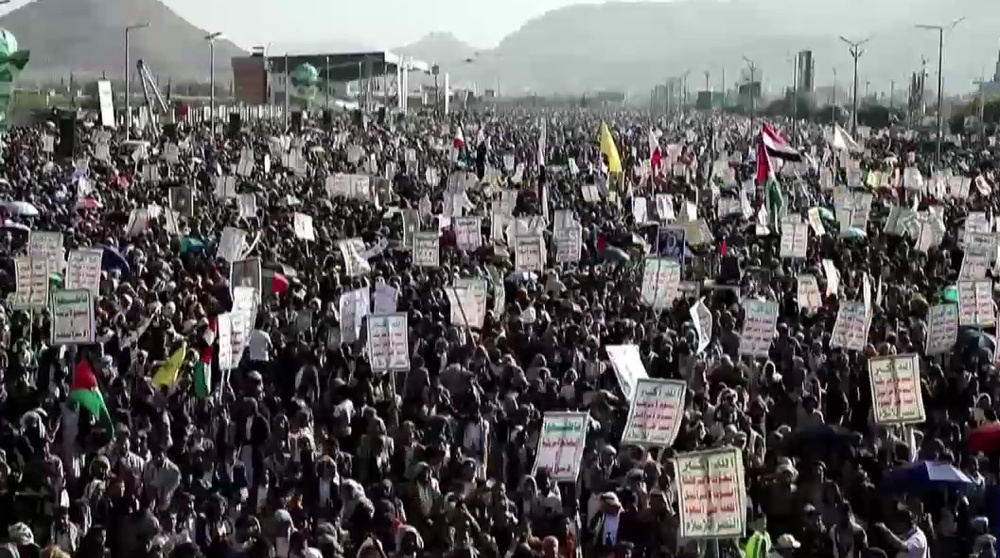UN warns Yemen’s economy heading for ‘unprecedented calamity’ due to aid cuts
The United Nations has warned that Yemen’s war-ravaged economy is going to plunge into an “unprecedented calamity” due to large cuts in humanitarian aid, slowing remittances, a weakening currency, and the COVID-19 pandemic.
Mark Lowcock, the UN Under-Secretary-General for Humanitarian Affairs and Emergency Relief Coordinator, sounded the alarm, urging donor countries to inject foreign currency into Yemen’s central bank.
“Food prices have risen by 10 to 20 percent in some areas just in the last two weeks. Without new hard currency injections, this will only get worse,” Lowcock further said, adding that “Yemen’s economy ... is heading for an unprecedented calamity.”
In a statement to the UN Security Council, the UN aid chief also called on the donor states to disburse and increase humanitarian funding to avoid “total economic collapse” in the war-torn Arab country.
Saudi Arabia invaded Yemen in March 2015 to restore power to its former regime and crush the popular Houthi Ansarullah movement, whose fighters have been of significant help to the Yemeni army in defending the country against the invaders.
The war has killed tens of thousands of Yemenis and pushed the entire country close to the brink of famine.
Elsewhere in his remarks, Lowcock said the Yemeni rial had further depreciated in recent weeks to around 620 to the dollar in the north and 750 in the south, warning that it could hit 1,000 by the end of the year.
The ongoing war has also taken a heavy toll on the country’s infrastructure, destroying hospitals, schools, and factories.
According to UN figures, around 80 percent of Yemen’s population - some 28.5 million – is reliant on international aid.
The world body has already warned that over 24 million Yemenis are in dire need of humanitarian aid, including 10 million suffering from extreme levels of hunger.
‘Lasting epic’: Iran top general says Beirut funeral marked new era for resistance ideology
Conservatives win German parliamentary elections amid surge in far-right support
Israeli jets flyby over Nasrallah funeral ‘act of terror’: Iran FM
IRGC: Nasrallah funeral ‘global resonance of resistance’; Hezbollah resolute to dismantle Israel
VIDEO | Pakistanis attend mass funeral for martyred Hezbollah leaders
Hamas condemns escalation as Israel deploys tanks into West Bank for first time in decades
Iran Army’s hovercrafts fitted with advanced long-range missiles: Navy chief
VIDEO | Pro-Palestine protesters in Madrid call for end to Israeli crimes












 This makes it easy to access the Press TV website
This makes it easy to access the Press TV website